Did you find our Press Conference with José Ignacio Quemada on NeuronUP Talks interesting? In this article we share the bibliography recommended by this psychiatrist to continue exploring brain injury.
Who is José Ignacio Quemada
Dr. José Ignacio Quemada Ubis is a psychiatrist and head of the Brain Injury and Neurorehabilitation Network of the Fundación Hospitalarias, a national reference in the comprehensive approach to acquired brain injury.
With more than 30 years of experience, he leads the implementation of clinical programs that combine neuropsychiatry, neurorehabilitation and cognitive stimulation, integrating multidisciplinary teams in hospitals and specialized centers such as Aita Menni.
His approach focuses on a global vision of rehabilitation, addressing both motor sequelae and the cognitive, emotional and behavioral alterations resulting from stroke, traumatic brain injury or anoxia. Under his direction, the Brain Injury Network promotes continuity of care between hospital, outpatient and community settings, reinforcing functional recovery and users’ quality of life.
Author of multiple publications in scientific journals such as Informaciones Psiquiátricas and Revista de Neurología, Dr. Quemada has contributed to consolidating the neuropsychiatry of brain injury as a key discipline within neurological rehabilitation.
Dr. José Ignacio Quemada is an advocate of technological innovation, promoting the use of digital and robotic tools to enhance brain plasticity and support cognitive stimulation programs. His career positions him as one of the most influential voices in the field of neurorehabilitation and cognitive assessment in Spain and Latin America.
Press Conference with José Ignacio Quemada on NeuronUP Talks
In this second episode of the new season of NeuronUP Talks, Dr. José Ignacio Quemada explains together with Marcos Ríos what happens when apathy, impulsivity or disinhibition replace the person they were before.
Together they address issues such as emotional, behavioral and affective changes after an acquired brain injury (ABI); clinical tools for the assessment of personality; the family impact that an ABI causes in one of our loved ones and its corresponding psychoeducation, among others.
If you are a professional in neuropsychology, neurorehabilitation, neurology or psychiatry, you cannot miss this conversation between them.

Subscribe
to our
Newsletter
Recommended readings on brain injury
Scientific articles related to brain injury
- Castaño B, Laxe S, Bernabeu M, Vilarrasa AB, Quemada JI. Behavioral scales used in severe and moderate traumatic brain injury. NeuroRehabilitation 2014; 35(1):67-76.
- Mimentza N, González-Fraile E, Arango-Lasprilla JC, Ortiz-Marqués N, Berrios GE, González-Pinto A, Quemada JI.Assessing irritability in patients with stroke: psychometric properties of the Irritability Questionnaire. Brain injury 2020; 34 (1) 115-121.
- Quemada JI, Rusu O, Fonseca P. Social Cognition and its Contribution to the Rehabilitation of Behavioural Disorders in Traumatic Brain Injury. Rev Colomb Psiquiatr. 2017; 46(1):36-42.
- Quemada JI, Sánchez-Cubillo I, Muñoz-Céspedes JM. Organic personality disorder: conceptual review and research strategies. Actas Esp Psiquiatr. 2007; 35(2):115-21.
- Sánchez P, Quemada JI. Organic personality disorder. Conceptual and diagnostic aspects. Rev Neurol. 2000;30(8):772-8.
Doctoral theses on brain injury
- Castaño, B. (2013) Clinical Characteristics and Psychopathological Evolution of Organic Personality Disorder secondary to moderate and severe traumatic brain injury. Autonomous University of Barcelona
- Mimentza, N. (2018) Correlational and longitudinal analysis of post-stroke psychopathological alterations. University of the Basque Country
- Sánchez Cubillo, I. (2010) Neuropsychological Assessment of Behavioral Disinhibition in Patients with Acquired Brain Injury. Complutense University of Madrid
If you liked this blog post about recommended readings on brain injury, you will likely be interested in these NeuronUP articles:
“This article has been translated. Link to the original article in Spanish:”
Lecturas recomendadas sobre daño cerebral
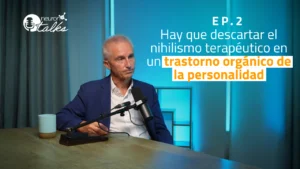
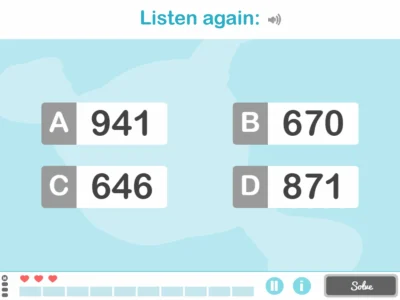
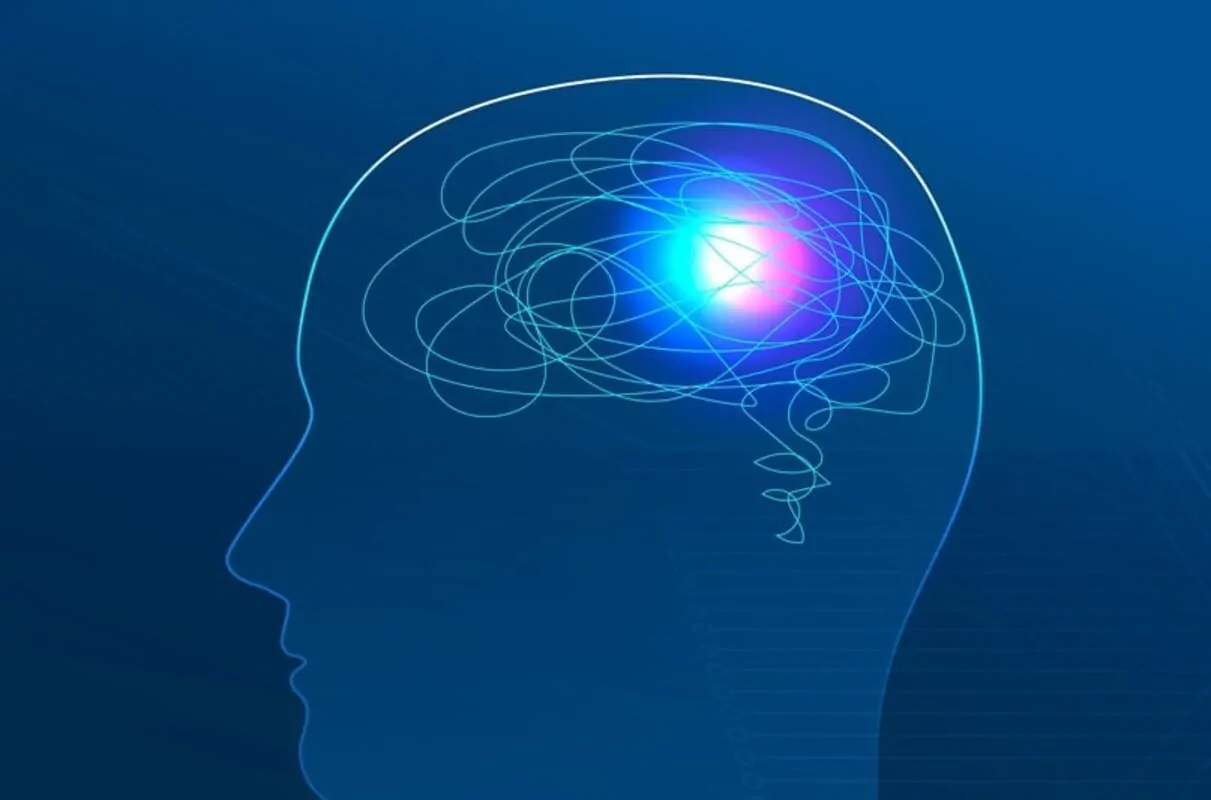
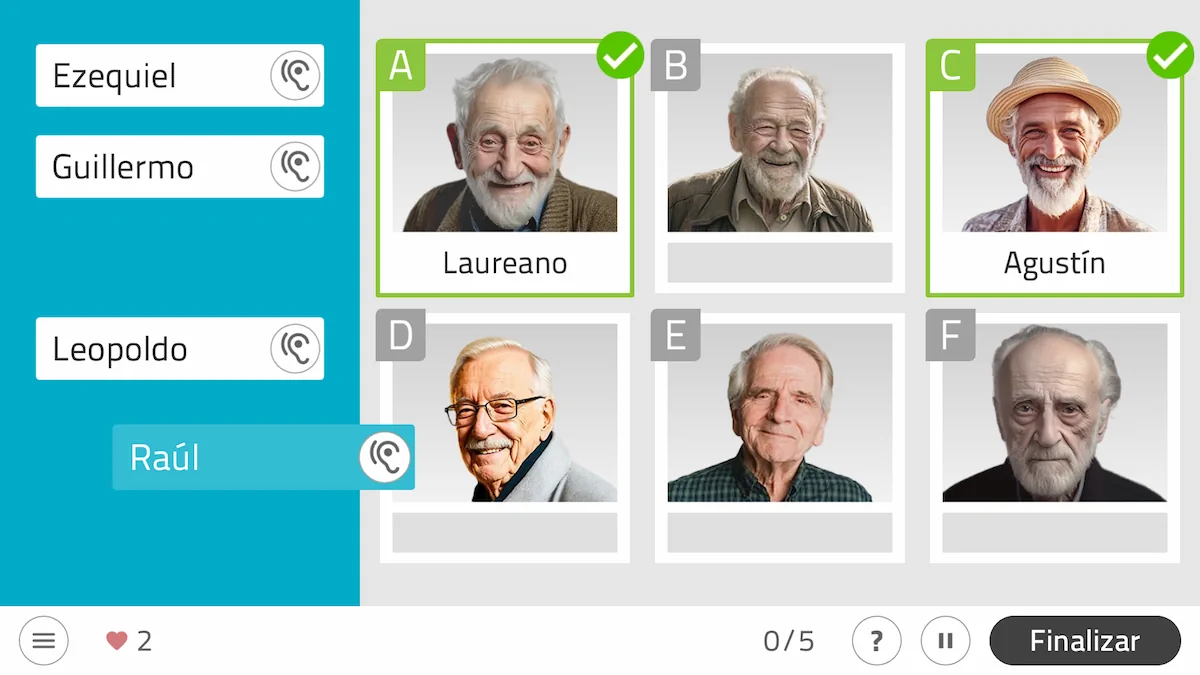
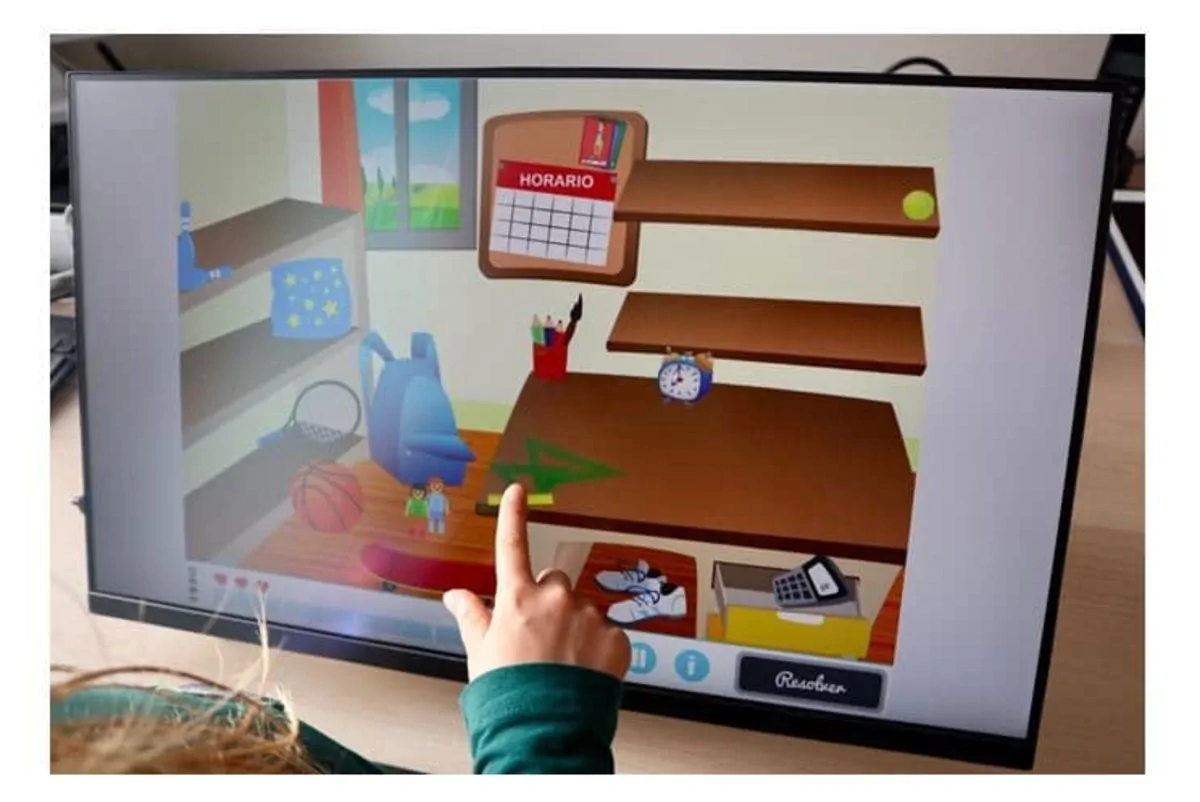

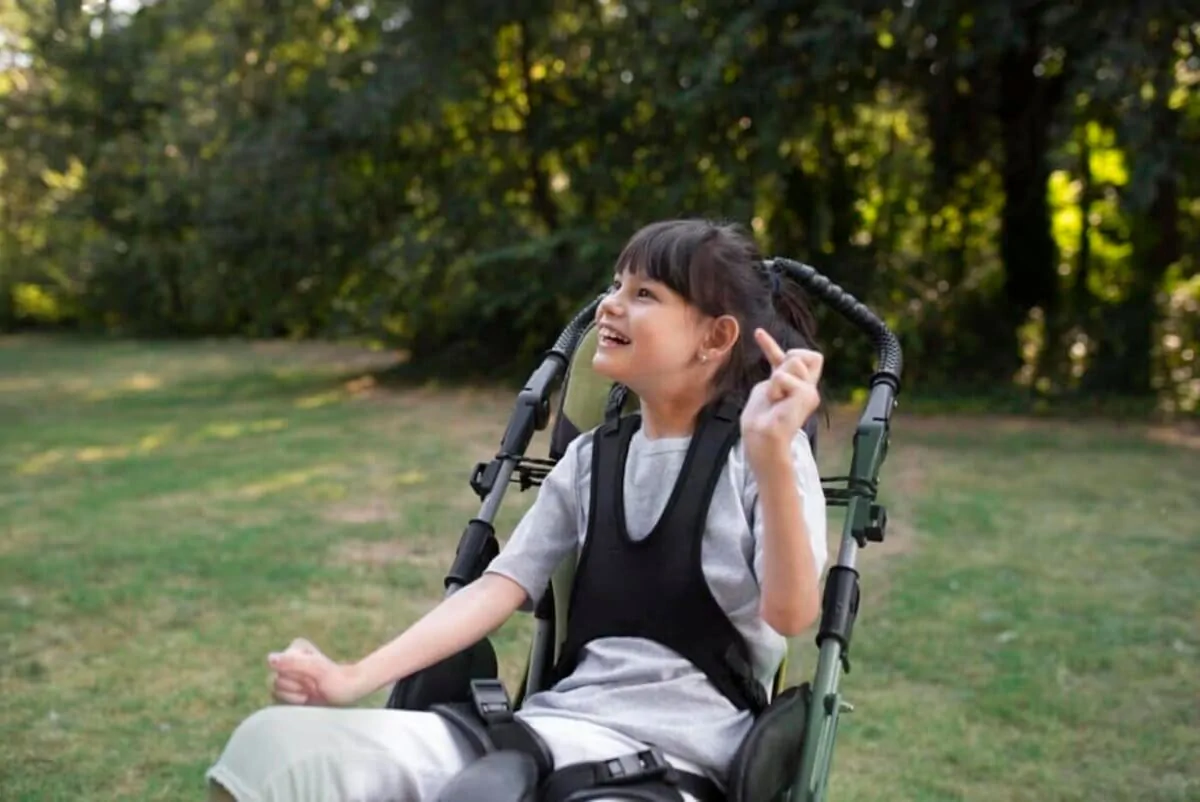
 Teletherapy in Aphasia Rehabilitation
Teletherapy in Aphasia Rehabilitation
Leave a Reply